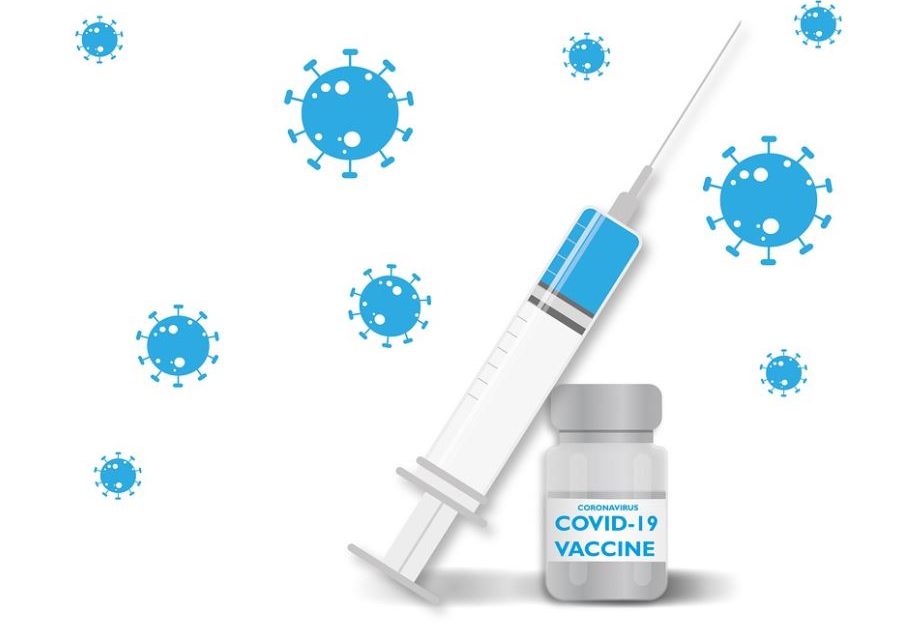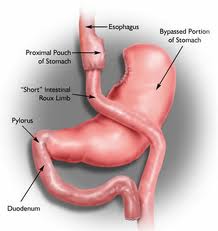It is so wonderful (understatement!!!) that Canadians are now starting to get the coveted and life saving COVID-19 vaccine. However, Canada’s National Advisory Council on Immunization (NACI) has published guidance on COVID-19 immunization, recommending that certain subpopulations not routinely receive the vaccine, which has led to many questions from patients and doctors alike.
NACI recommends that the following people should not be routinely offered COVID-19 vaccination until further research evidence is available:
- those who are immunosuppressed due to disease or treatment
- individuals with an autoimmune condition
- women who are pregnant or breastfeeding
- adolescents age 12-15 years
NACI goes on to say:
“However, if a risk assessment deems that the benefits of vaccine outweigh the potential risks for the individual (e.g. where the risk of severe outcomes of COVID-19 and risk of exposure to SARS-CoV-2 is high) or for the fetus/infant (in the case of pregnancy/breastfeeding) and if informed consent includes discussion about the insufficient evidence in this population, then a complete series of authorized COVID-19 vaccine may be offered”
Diabetes Canada has published excellent guidance as a public letter on Jan 6, 2021, to address the relevance of this statement to Canadians living with diabetes.
Key points:
- People with type 1 or type 2 diabetes ARE NOT considered to be immunosuppressed (as per the clinical trial criteria of COVID-19 vaccines).
- Although type 1 diabetes is an autoimmune condition, people with type 1 diabetes were NOT excluded from the vaccine trials. (note: type 2 diabetes is not an autoimmune condition)
- Amongst the over 6,000 people with diabetes that were included in the Pfizer and Moderna trials, no increase in adverse events were reported.
Why would there be any concern for people with autoimmune conditions? As noted by NACI:
Other applications of mRNA technologies have been for the treatment of cancer, which required an immune response directed against an individual’s cancer cells. This raised the theoretical concern that mRNA vaccines for infectious diseases would behave similarly, eliciting inflammation and possibly exacerbating existing autoimmune diseases. Current applications of mRNA technology for COVID-19 vaccines have been optimized to reduce this risk.
Diabetes Canada’s Bottom Lines:
Diabetes Canada interprets that the NACI recommendations regarding individuals who are immunocompromised and/or have an autoimmune disorder DO NOT APPLY to people with type 1 or type 2 diabetes.
Diabetes Canada encourages people living with type 1 or type 2 diabetes to receive the COVID-19 vaccine when it is accessible, in consultation with your health care provider.
As blogged previously, we know that adults with diabetes are at higher risk of having more severe COVID-19 infection, and are at higher risk of dying from COVID-19. Thus, not only does Diabetes Canada encourage people with diabetes to get vaccinated, Diabetes Canada is also urging health officials to update the priority list for early vaccination to include people with diabetes.
Women who are pregnant or breastfeeding were not included in the vaccine trials, though some women became pregnant during the trials and did not experience adverse events from the vaccine. The statement from the Society of Obstetrics and Gynecology of Canada about COVID vaccination in pregnancy and breastfeeding in general can be found here.
Children with diabetes who get COVID-19 tend to have milder illness than adults. At this time, there is little data on COVID-19 vaccination in children.
Diabetes Canada encourages children (and their parents) and people with diabetes who are also pregnant, to become educated on the most up-to-date public health guidance and discuss with their health care provider to make the best decision for their individual circumstance.
For a general review of the COVID-19 mRNA vaccine and how it works, CBC has put together a fantastic article here.
REMEMBER that this guidance may change and evolve as further data is collected – stay tuned to Diabetes Canada’s COVID-19 page and the Government of Canada’s COVID-19 vaccine page for updates.
Share this blog post using your favorite social media link below!
Follow me on twitter! @drsuepedersen
www.drsue.ca © 2021












